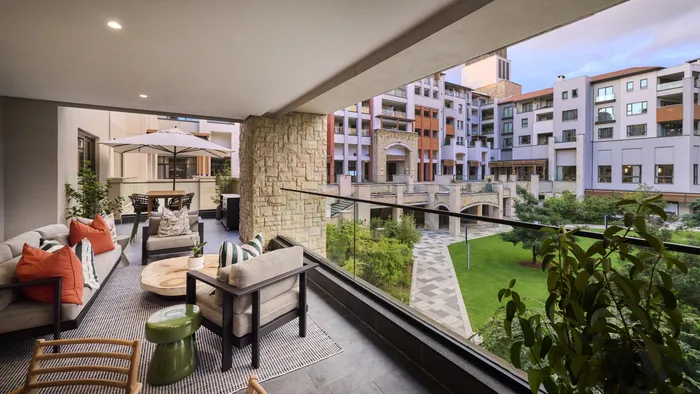Trustees navigate a complex landscape: challenges and solutions in community living

In community living, when governance falters, the impact is immediate and costly, affecting levy arrears and property values.
Image: Supplied
Trustees are operating in a more complex environment than ever before, as community living has evolved.
This is due to higher density, rising operational costs, tighter legislation, and increased owner expectations.
This shift has highlighted a critical tension: trustees juggle the volunteer mindset, driven by personal commitment and community care, with the executive mindset, which demands strategic foresight and professional rigour, says Gerard Abrahamse, general manager at ASI Property.
The property management company says the duality often stretches their capabilities and underscores the importance of effective governance.
Their decisions influence:
- Day-to-day living conditions.
- Long-term maintenance needs.
- Financial health and levy stability.
- Property values.
- Resident relationships and satisfaction.
Strong governance
“When governance is strong, communities run smoothly, issues are handled early, costs remain predictable, and owners feel informed. When governance falters, the impact is immediate and costly, affecting levy arrears and property values,” Abrahamse says.
The company says sustainable community living rests on structured, consistent governance, which means:
Clear decision-making: Documented processes, transparent reasoning, and structured meetings ensure sound, defensible decisions. This clarity empowers trustees to make choices that directly enhance daily life in the community, from ensuring well-maintained common areas to swiftly resolving residents' concerns.
By aligning procedures with everyday experiences, trustees foster a living environment where neighbours feel supported and valued.
Financial discipline: Budgets, levy collection, reserve funding and maintenance planning determine whether a scheme stays stable or slips into crisis.
Compliance and oversight: Laws and regulations exist to protect communities, but only work when trustees understand and apply them. Resources such as summaries or checklists help volunteers feel less overwhelmed and more capable.
Long-term thinking: Trustees must safeguard future value through maintenance plans, capital projects and sustainability decisions.
When these pieces work together, trustees shift from reactive management to proactive leadership, it says.
Sore points in schemes
According to the general manager, in many schemes, the biggest disputes are not about rules or levies, but about communication.
“To foster a sense of shared responsibility, we might ask ourselves: How can we keep each other informed and engaged? This kind of participative dialogue can transform residents from observers into active partners in governance, helping to bridge gaps and build trust.”
Residents want:
- To understand why decisions are made.
- To feel informed before changes happen.
- To know their concerns are heard.
- Clarity when financial or maintenance challenges arise.
Even difficult news lands better when communicated openly, early, and consistently. Good communication reduces conflict, builds trust, and strengthens the sense of community, according to ASI Property.
It adds that the expectations placed on trustees often resemble a corporate governance mandate, yet trustees are volunteers with limited time and varying levels of experience; hence, strong support systems matter.
“Without the right structure, trustees can become overwhelmed, reactive, or uncertain, and the community feels it. With the right structure, they become confident decision-makers who can guide the scheme.”
Trustees' role
The company adds that trustees do more than manage buildings as they safeguard communities. “Imagine your community a year from now, with streamlined operations, enhanced resident satisfaction, and increased property values, all thanks to the effective application of these tools. Such a vision turns the abstract idea of governance into tangible, everyday success.”
Good governance protects the community’s future, Abrahamse says. “With clear systems and training, trustees can lead confidently, turning survival into real community strength.”
Community living is now a solution for many
According to the managing agent, Solver Property Services, community living has become a significant contributor to the South African economy.
It says that as South Africa’s population is increasing, the prospect of community living has become a favourable solution for many South Africans, with approximately 58 thousand developments made up of Body Corporates, Share Blocks and Homeowners Associations.
Community living is said to not only be affordable, but is also an opportune lifestyle choice that benefits people from all walks of life.
“Members of a community have the opportunity to share common interests with neighbours and enjoy common area facilities, such as a play park or swimming pool, which could be too costly for an individual to maintain on their own.”
Independent Media Property
Related Topics: